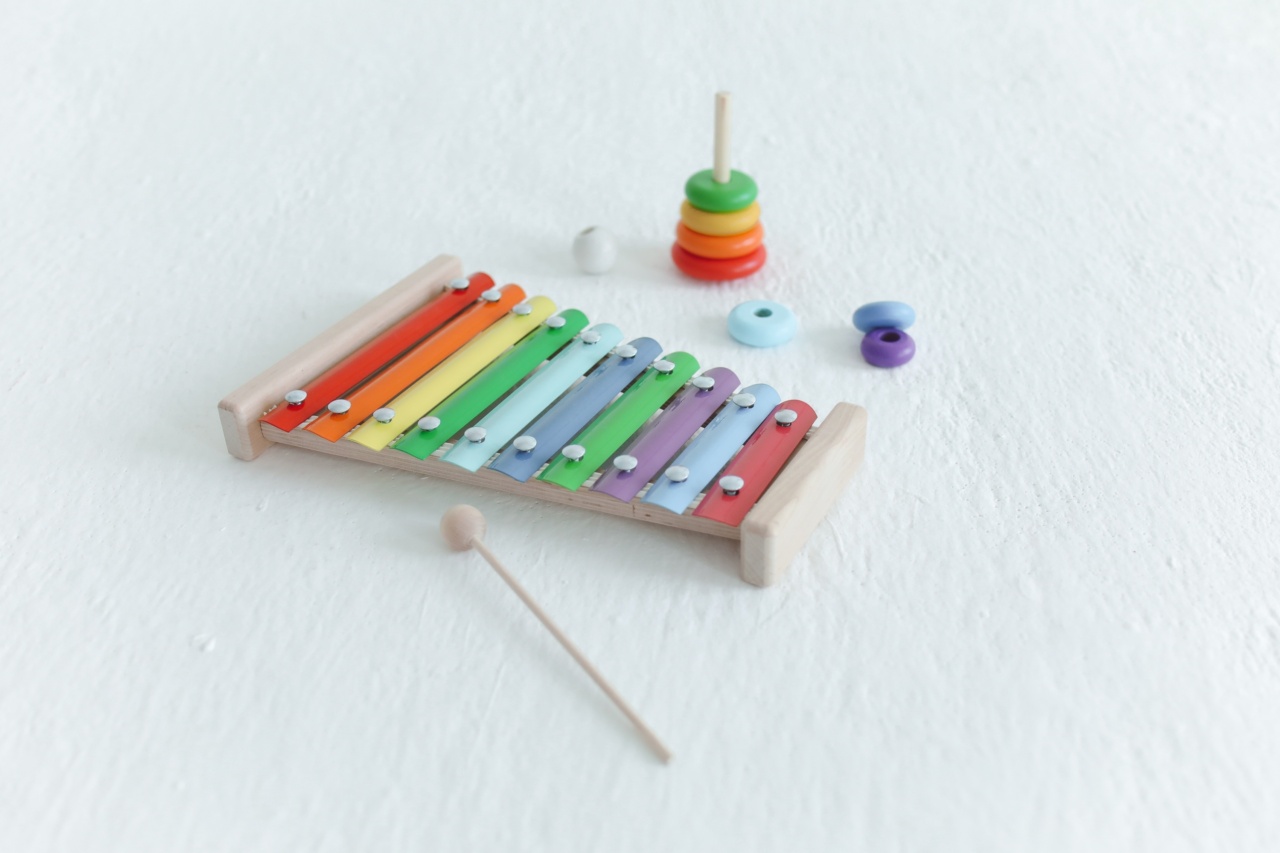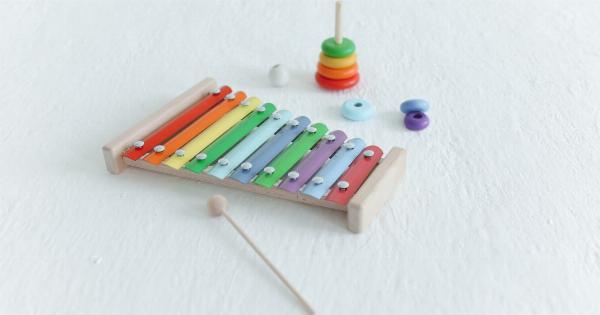Music has always been an integral part of human culture. It has the ability to evoke emotions, bring people together, and even improve our mood.
Recent studies have also shown that early exposure to music can have a positive impact on the development of a child’s brain.
The Science Behind Music and Brain Development
Music has the ability to affect our brainwaves, which can alter our state of mind. For example, slow and calming music can help us relax while upbeat and fast music can make us feel motivated and energetic.
When it comes to brain development, research has shown that music can promote neural plasticity, which is the brain’s ability to change and adapt over time.
This is especially true during the early years of a child’s life when the brain is still developing at a rapid pace. Exposure to music during this time can help strengthen neural connections in the brain and improve various cognitive abilities.
Early Exposure to Music and Language Development
Language development is one area that can be positively impacted by early exposure to music. Young children who are regularly exposed to music are more likely to have stronger language skills compared to those who are not exposed to music as much.
This is because the areas of the brain responsible for language and music processing are closely linked. Exposure to music can help strengthen these areas, leading to improved language abilities.
Early Exposure to Music and Mathematical Skills
Another area that can be improved through early exposure to music is mathematical skills.
Research has shown that children who are exposed to music at a young age tend to have stronger mathematical abilities compared to those who are not exposed to music. This is because music involves patterns and rhythms, which can help improve a child’s ability to understand mathematical concepts.
Early Exposure to Music and Motor Skills
Motor skill development is another area that can be positively impacted by early exposure to music.
Studies have shown that children who receive music lessons at a young age tend to have better motor skills compared to those who do not receive music lessons. This is because learning to play a musical instrument involves the use of fine motor skills, which can help strengthen these abilities over time.
How to Expose Children to Music
There are many ways to expose children to music at a young age. Here are some ideas:.
- Play music in the home or car
- Sing songs with your child
- Attend live music performances
- Enroll your child in music lessons or programs
Conclusion
Early exposure to music can have a positive impact on the development of a child’s brain. It can improve language and mathematical skills, as well as motor abilities.
Parents can encourage this development by exposing their children to music from a young age through various methods.





























